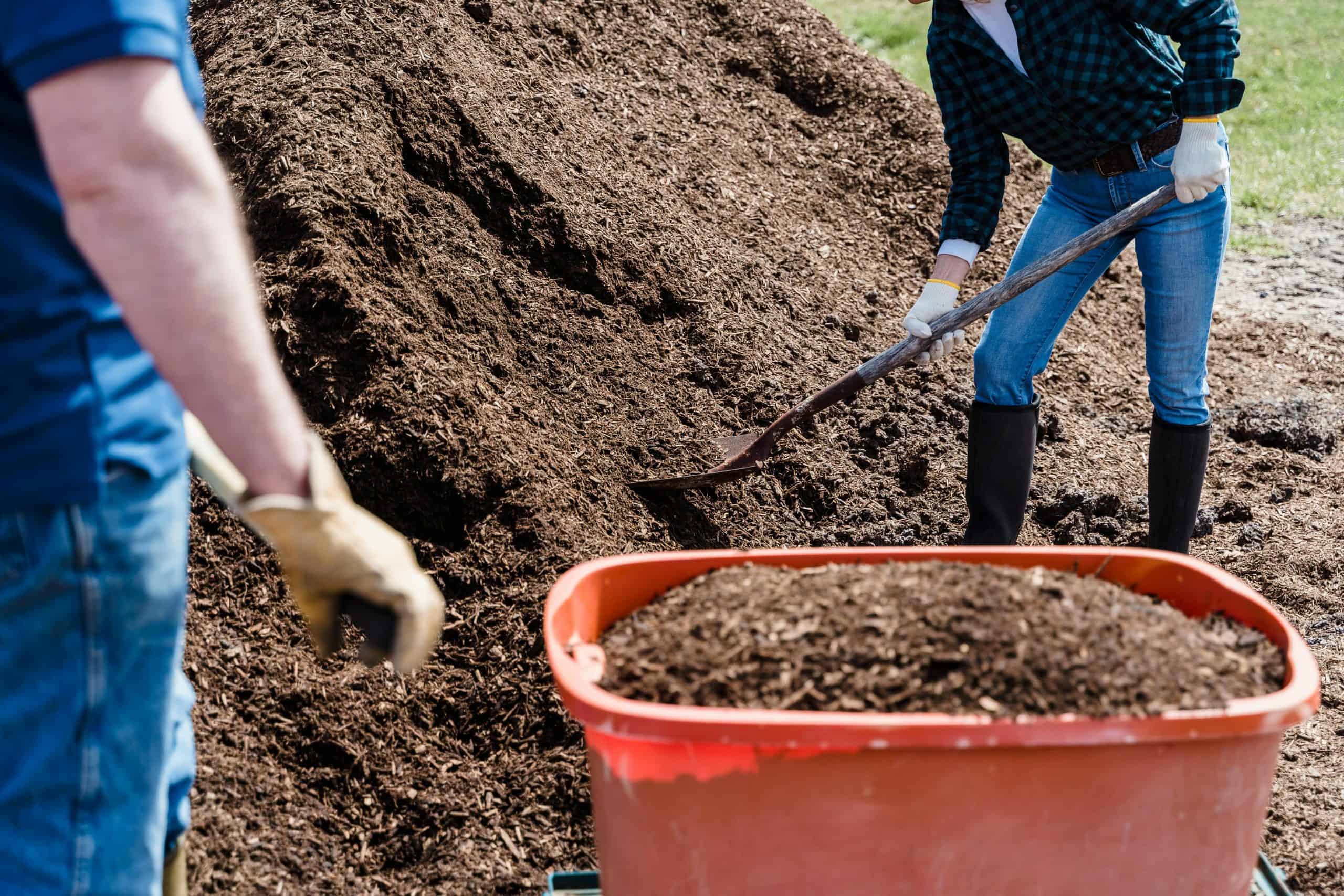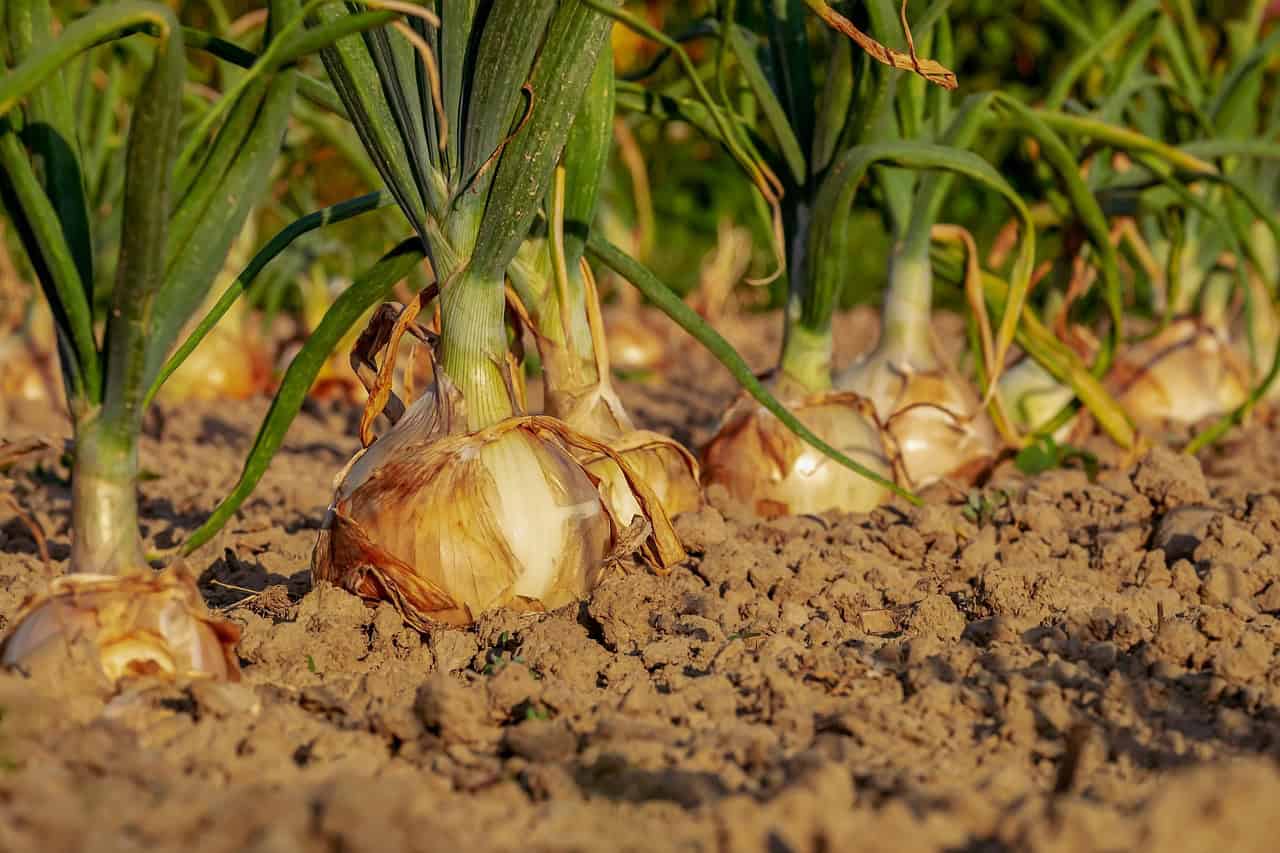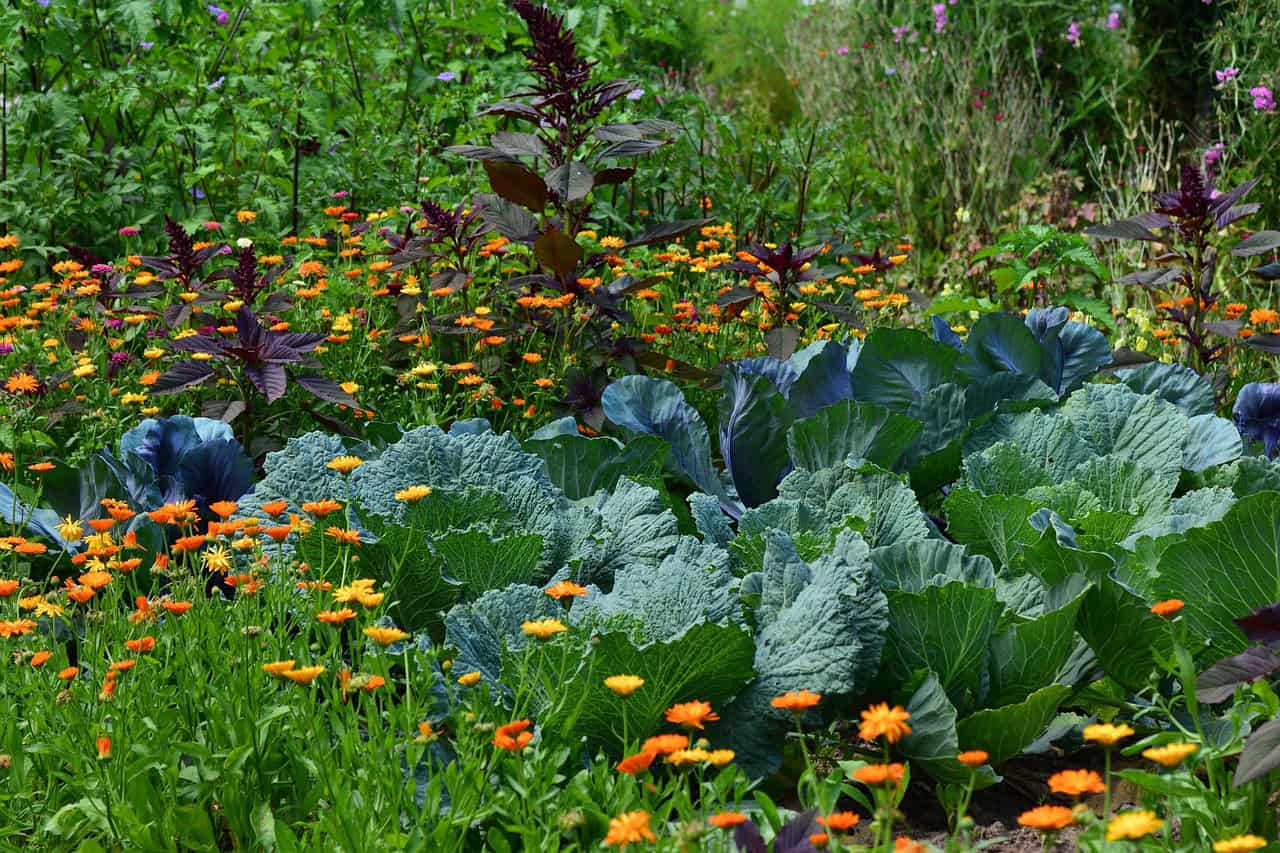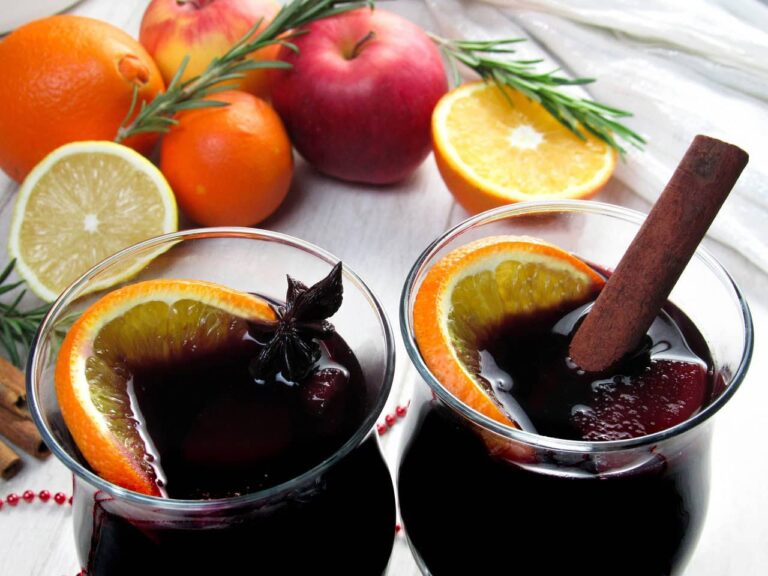How to Winterize Your Vegetable Garden for a Healthier Spring Harvest
As temperatures drop across Oklahoma and other growing regions, it’s time to prepare your vegetable garden for winter. To winterize isn’t just about protecting plants—it’s about setting the stage for a thriving spring harvest. Here’s how to do it right.
Why it Matters to Winterize
- Prevents soil erosion and nutrient depletion
- Protects overwintering crops and perennials
- Reduces pests and diseases in early spring
- Improves soil structure and fertility
Step-by-Step Guide to Winterizing Your Garden

1. Clear Out Spent Plants
Remove dead or diseased plants to prevent pests and fungal growth. Compost healthy plant material to enrich your soil.
2. Weed Thoroughly
Eliminate weeds now to reduce competition for nutrients and avoid springtime headaches.
3. Add Organic Mulch
Apply a thick layer of straw, shredded leaves, or wood chips to insulate the soil and prevent erosion.
4. Test and Amend Your Soil
Use a soil test kit to check pH and nutrient levels. Add compost, bone meal, or lime as needed to balance your soil.
5. Plant Cover Crops
Sow winter rye, clover, or hairy vetch to improve soil health and suppress weeds.
6. Protect Perennials
Cut back hardy vegetables like asparagus and rhubarb. Cover with mulch or frost cloth to shield them from extreme cold.
7. Drain and Store Tools
Empty hoses, clean garden tools, and store them in a dry place to prevent damage.
Tips for Southern Gardeners

In milder zones like Oklahoma, you can still plant cold-hardy crops such as garlic, onions, and spinach. Just be sure to mulch well and monitor for frost closely. Especially if you are holding off as long as possible to winterize.
Final Thought
Winterizing your vegetable garden isn’t just a chore—it’s a commitment to next season’s success. By taking a few thoughtful steps now, you’re investing in healthier soil, stronger plants, and a smoother start when spring rolls around. Whether you’re gardening in the heart of Oklahoma or reaching readers across the country, these practices help every grower stay connected to the rhythms of the land.







